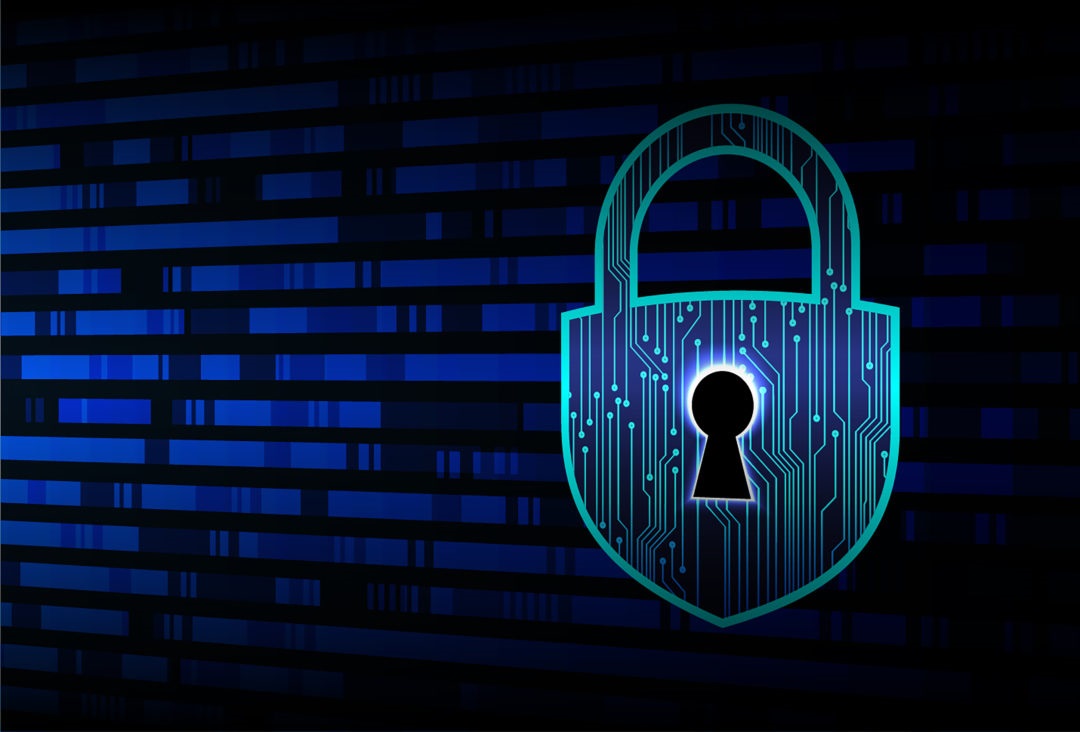
Imagine living in a world where every lock on every door is easily picked, every safe is effortlessly cracked, and every secret is laid bare for all to see. It’s a dystopian nightmare where chaos reigns and trust evaporates like mist in the morning sun. Fortunately, we don’t live in such a world – thanks to the study of cybersecurity.
The Digital Frontier:
In today’s digital age, our lives are intertwined with technology in ways unimaginable just a few decades ago. From smartphones and social media to online banking and smart home devices, technology permeates every aspect of our daily existence. But with this digital connectivity comes vulnerability – the risk of cyber threats lurking in the shadows, waiting to strike.
Protecting What Matters:
The study of cybersecurity is our shield against these digital threats – our bulwark against the rising tide of cybercrime. It’s about more than just defending against hackers and malware; it’s about protecting our most precious assets: our personal information, financial data, and digital identities. By understanding the tactics and techniques used by cybercriminals, we can build stronger defenses and keep our digital lives safe from harm.
Securing the Future:
As technology continues to evolve at breakneck speed, the importance of cybersecurity only grows. From artificial intelligence and blockchain to the Internet of Things (IoT) and quantum computing, the digital landscape is constantly expanding, presenting new opportunities and new challenges alike. The study of cybersecurity ensures that we stay one step ahead of the curve, adapting to the ever-changing threat landscape and securing the future for generations to come.
FAQs:
Q: Is cybersecurity only relevant for tech professionals?
A: No, cybersecurity is relevant for everyone – from tech professionals to everyday internet users. Whether you’re sending emails, shopping online, or using social media, cybersecurity knowledge is essential for protecting yourself against cyber threats.
Q: How can I start learning about cybersecurity?
A: There are many resources available for learning about cybersecurity, including online courses, tutorials, books, and workshops. You can also explore free resources offered by cybersecurity organizations and government agencies.
Q: What are some common cyber threats individuals should be aware of?
A: Common cyber threats include phishing scams, malware infections, identity theft, ransomware attacks, and social engineering tactics.
Q: Why is cybersecurity important for businesses and organizations?
A: Cybersecurity is crucial for businesses and organizations to protect sensitive data, maintain customer trust, comply with regulations, and mitigate financial and reputational risks associated with cyber attacks.
Q: How can I apply cybersecurity principles in my daily life?
A: You can apply cybersecurity principles by using strong, unique passwords, enabling multi-factor authentication, keeping software and devices updated, being cautious of suspicious emails and links, and practicing safe browsing habits.




